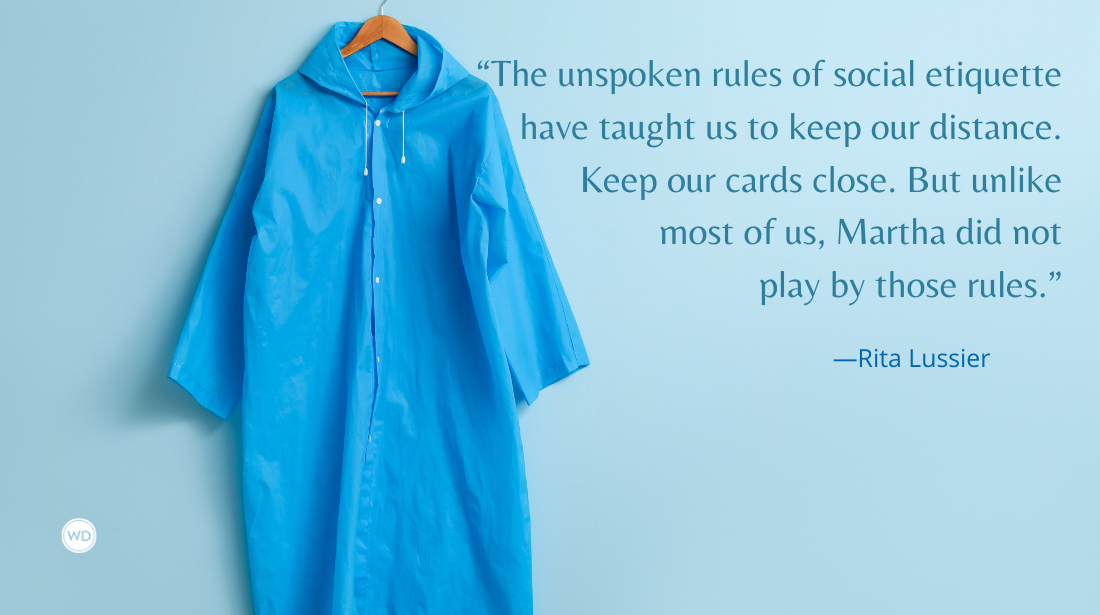The 4 Pet Peeves of Freelancers (and How to Tackle Them)
Here’s a quartet of freelancers’ biggest pet peeves—and how to tackle them when they happen to you.
We freelance writers tend to think of editors as the ones having all the pet peeves, but we also have plenty of things that drive us crazy. We’ve all dealt with editors who neglect to respond to pitches, sources who don’t show for scheduled interviews, markets that take forever to pay—or all of the above, and then some.
Every business, including writing, has its challenges. But these challenges needn’t hurt your productivity or income—if you know how to handle them. Here’s how to beat four of the most common pitfalls of the freelance life.
PET PEEVE NO. 1: THE AWOL EDITOR
You researched the market, came up with a timely, compelling idea and sent a stellar query. Now weeks have passed and you still haven’t heard from the editor. What do you do next—you know, besides check your e-mail every five minutes?
Follow up. If you hear nothing after a reasonable time (say, four to eight weeks), send a brief e-mail that includes your original pitch, and ask if the editor is interested in the idea. Let her know (politely) that if you don’t hear from her in, say, two weeks, you may market the idea elsewhere. That often triggers a response, and shows you’re serious about your business. But if you don’t hear anything, do cut bait and pitch the
idea elsewhere.
PET PEEVE NO. 2: WRITING IN THE DARK
Sometimes an editor will provide you with a detailed assignment. But what happens when you’re not given much direction at all for your story?
“I’m not interested in hearing, ‘Just start researching and writing and I’ll let you know if you’re on track when I see it,’ ” says freelance writer Kathy Sena, who has written for USA Today, Newsweek and Woman’s Day. “Like every writer, I love a concise, clear assignment letter that spells out exactly what is to be covered, the approximate number and type of sources, word count, etc. If an editor doesn’t provide that, it makes me wonder if he really knows what he wants.”
Her solution to a vague assignment? “If we’ve just talked on the phone or had a brief e-mail or two, and there doesn’t seem to be a detailed assignment letter forthcoming, I’ll write a draft assignment letter myself.” Sena then asks the editor to confirm the details so she can get to work. While expediting the process, this also helps avoid another pet peeve—multiple revision requests—by clarifying the editor’s needs ahead of time.
PET PEEVE NO. 3: THE AWOL SOURCE
You found the perfect source for your piece and arranged a telephone interview a few days before your deadline. But when you called at the scheduled time, the source wasn’t there! Several voice mails and
e-mails later, you still haven’t been able to connect. Now what?
The key is to identify multiple source options from the outset, says freelancer Polly Campbell, a blogger for Psychology Today and ImperfectSpirituality.com. “In most cases, during the preliminary research I come up with two or three sources that could be ideal for the piece, and I always contact at least two,” Campbell says. “Then, if one doesn’t work out, you just keep going down your list.”
Another way to keep this problem from putting dents in your deadline is to pursue interviews as soon as you can (and avoid relying on a single method of contact—always obtain or request both an e-mail address and a phone number). In other words, never wait until right before the piece is due. That will give you some breathing room if something takes longer than expected or falls through.
PET PEEVE NO. 4: CLIENTS THAT PAY LATE
You wrote the story and turned it in on time. You answered a few follow-up questions from your editor and submitted backup material for fact checking. Your work is done—so where’s your check? Not getting paid on time (or at all!) ranks high on the freelance pet-peeve list.
“It’s hard enough to manage a variety of publication styles, editorial personalities, invoice requirements and multiple deadlines, but when you have to put on the account collections hat, things really get difficult,” says freelancer Sharon Miller Cindrich, author of A Smart Girl’s Guide to the Internet and other books.
To stay on top of accounts receivable, Cindrich recommends providing every client with a detailed invoice that includes the pay rate, publication date (if known), due date, projected payment due and contact information. Then follow up as often as necessary.
“If I don’t get paid, I send e-mail reminders with the attached invoice to help the publication’s staff save the time of looking for old e-mails or piles of paperwork for the original,” she says. “I might also pop a hard copy in the mail—sometimes it is easier to drive your point home when someone … has it in their hand.”
Sure, you’ll always face some obstacles as a freelancer. But in many cases, planning ahead and following up (whether on a query or invoice) will help you overcome them, meet your deadlines, and, of course, collect your checks.
Learn how to develop article ideas magazine editors will find irresistible by considering:
Writer’s Digest Handbook Of Magazine Article Writing
Become a WD VIP and Save 10% on this book:
Get a 1-year pass to WritersMarket.com, a 1-year subscription to Writer’s Digest magazine and 10% off all WritersDigestShop.com orders! Click here to join.
Also check out these items from the Writer’s Digest’s collection:
Starting Your Career As A Freelance Writer
Freelance Basics – OnDemand Webinar
The Wealthy Writer
Writer’s Digest The Craft & Business Of Writing
Writer’s Digest Guide To Query Letters
Writer’s Digest No More Rejections
Writer’s Digest Weekly Planner
Writer’s Digest Magazine One-Year Subscription
Writer’s Digest Breaking Into Corporate Writing – On-Demand Webinar






